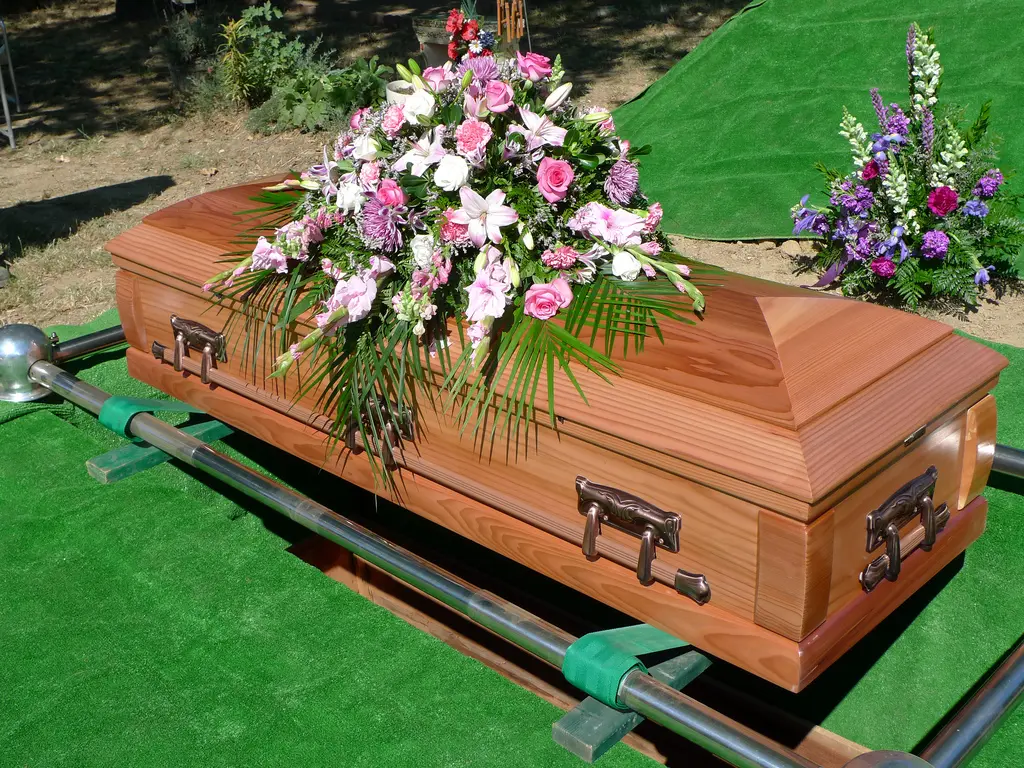A unique method of death by self-administered medication that has been discussed by the General Assembly for several years has once again made into this year’s legislative session.
And, once again, the Republicans pushed back in full swing, with a myriad of concerns with both logistical and moral concerns.
The concept made Rep. Rich Collins, R-Milsboro, question the religious morality of legislators in a House hearing Thursday.
House Bill 140, sponsored by Rep. Paul Baumbach, D-Newark, permits a terminally ill adult resident of Delaware to request and self-administer medication to end the individual’s life in a humane and dignified manner.
Under HB 140, both the individual’s attending physician or advanced practice registered nurse (APRN) and a consulting physician or nurse would have to agree on an individual’s diagnosis and prognosis and believe the individual has decision-making capacity, is making an informed decision, and is acting voluntarily.
This method is often referred to as “assisted suicide” or “assisted dying.”
“I know there are some people in this room that say they’re Christians,” Collins said. “I’d suggest you think about what you’re going to say to God when you get there, if you do.”
Doctors will typically give patients medications to treat nausea before giving them the solution to ensure it works as it’s supposed to, with a painless death a few hours later, and the heavy majority of patients dying within one hour.
Collins said the state enacting this bill would create a slippery slope.
He said many people who have lost hope for whatever reason, “maybe because of some things we do here,” are going to seek a way out to die, and this bill provides a pathway for that.
The same bill was heavily debated in May 2023, in which a few dozen community members gave public comment.
Last year, it was released by committee “on its merits” which meant the House committee members didn’t necessarily want to vote “yes” or “no” on the bill, but wanted it to be discussed in the full House body with all the other state representatives.
RELATED: Legalizing assisted suicide sparks debate in Dover. Again.
But the bill was not picked up again until Thursday, where it was discussed on the full House floor and passed with a vote of 21 “yes” and 16 “no.” Every voting Republican was against the bill, except Rep. Kevin Hensley, R-Odessa.
Under the bill, the individual’s attending physician or attending APRN must provide specific disclosures to the individual to ensure that the individual is making an informed decision, including the presentation of all end of life options which include comfort care, palliative care, hospice care and pain control.
The individual must be evaluated by a psychiatrist or a psychologist if either the attending or consulting physicians or APRNs are concerned that the individual lacks decision-making capacity.
Also, the individual would need to complete a witnessed form requesting medication to end life and there are limitations on who can witness the signing of the form.
Rep. Mike Smith, R-Pike Creek, said this bill is an example of the best intentions with the worst outcomes and consequences.
“In this building, we like to define life and death for people a lot,” he said, adding that there needs to be a level of consistency in the legislature.
He said if people are against capital punishment, the same idea and belief should make them against this bill.
Rep. Mike Ramone, R-Pike Creek South, who said he’s a Catholic and Catholics are against assisted dying, suggested making a short amendment to the bill that would require a patient to be in hospice care if they take the fatal solution.
There were also concerns from House Republicans that the confirmation from a physician can be through telehealth, and that a patient taking the fatal solution simply has to show proof of residence in Delaware, “even if they just have a three month lease at the beach,” said Rep. Valerie Jones Giltner R-Georgetown.
Baumbach said the telehealth option was included because a patient might be bed-ridden or home-bound.
Jones Giltner also feared the possibility of young grandchildren accidentally getting their hands on some of the fatal solution, although Baumbach said the bill isn’t the creator of that problem, since having at-home treatment with medication like morphine or other drugs that could be fatal for young children has been commonplace for a long time.
Collins said the bill comes in a dark time in history, and enacting assisted dying would “precipitate something we don’t want to see.”
There are 10 states plus the nation’s capital where this method is legal.
HB 140 has more than a dozen guardrails, most written to ensure a proper medical professional and the patient themselves make an informed, knowledgeable decision and that the patient is definitely on the path of dying.
The bill finally makes its way to the Senate, where it will first be heard by a Senate committee, then the entire Senate floor, then to the governor’s desk for signature, if the bill is successful and becomes law.


Raised in Doylestown, Pennsylvania, Jarek earned a B.A. in journalism and a B.A. in political science from Temple University in 2021. After running CNN’s Michael Smerconish’s YouTube channel, Jarek became a reporter for the Bucks County Herald before joining Delaware LIVE News.
Jarek can be reached by email at [email protected] or by phone at (215) 450-9982. Follow him on Twitter @jarekrutz and on LinkedIn
Share this Post









